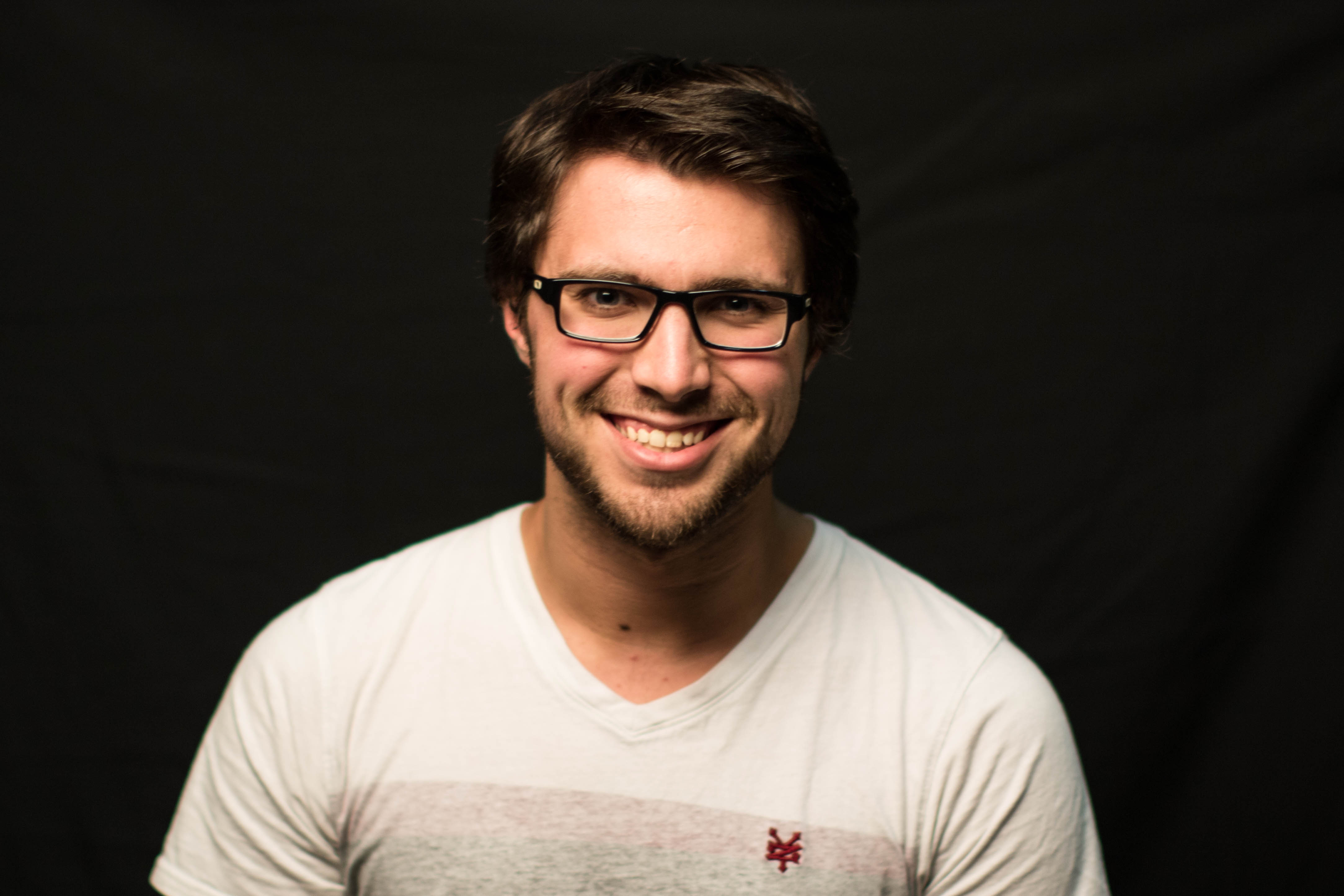
Science deserves more attention on campus
I’m 21 years old. But last Tuesday, I felt like I was 5.
On Feb. 6, Elon Musk’s SpaceX launched the Falcon Heavy from Cape Canaveral in Florida. Tensions were high. For those not familiar, SpaceX is a private company that develops and launches rockets into space. Essentially it’s a private version of NASA. The Falcon Heavy is the largest, most powerful rocket of the modern era. Only the Saturn V of the Apollo missions to the moon can compare.
I didn’t get to view the launch live, sadly, but watching the replay videos, I was bobbing up and down in my seat, just like I did when I used to watch “Star Wars” as a child. This event was spectacular. Not only did the launch work, but the rocket boosters used to launch the spacecraft came back and landed, ready to be reused. That’s never been done before. Being able to reuse parts of a rocket drastically reduces the cost of space travel. SpaceX puts NASA to shame when it comes to cost.
To add the icing on the cake, Musk put his own Tesla Roadster on the rocket, and now it orbits in space, with an astronaut dummy known as “Starman.” The car is playing David Bowie’s “Space Oddity” on repeat. The circuit board reads “Made on Earth by humans.” It’s pure class.
My father was alive for the Apollo mission to the moon. I suppose he felt something similar to my emotions when I watched the rocket blast off the concrete launch pad. It’s historical, a huge marker for space exploration. For many, including myself, it marks the beginning of a new era of space science and exploration. I confess an urge to work for SpaceX, just as college students in the 1960s and 1970s wanted to work for NASA.
I spoke with some friends and a few professors about the event, but I noticed a distinct lack of awareness on campus. There were no signs, no scheduled viewings. Business continued uninterrupted. During the eclipse last semester, we at least knew it going to happen. People lined up outside of Akeley-Lawrence Science Center to watch the eclipse then. This launch was perhaps more scientifically important than the eclipse, and campus did nothing.
We hold events for many things: cultural issues, like Black History Month and LGBTQ+ Month, all of which are important and attract many students. But science is important too. Because of NASA and its research, our society gained innovations like LED lights, prosthetic limbs, solar energy devices and many others. We would not have these great technologies if not for science, specifically space exploration. Furthermore, there are plenty students of science at USD. We should have events on campus to bring awareness to science and what good it does for our society, but also so USD students can expand and cultivate their interests.
Beyond those students who are already interested in science, holding something like a viewing party might spark other students to study science. Freshmen who aren’t sure of what to study could watch the launch of the next rocket and become inspired to build the next rocket that takes us to Mars, then sign up for a physics major.
SpaceX gave science a much-needed jumpstart in our culture. What NASA did for students in the 1960’s ad 70’s, SpaceX can do for us. John F. Kennedy dared us to go to the moon. Elon Musk dares us to Mars. Thousands of young people can now look to the stars once again, thinking of how we can push the bounds of space and time.
I personally wouldn’t mind going to Mars or solving the equations to take us there. USD should help foster those dreams of young people. Perhaps holding a NASA day, marking the launch of an Apollo mission or remembering the Challenger and Columbia disasters. We could hold more rocket or robotic competitions. Either way, USD should make efforts to highlight science and help inspire the scientists and explorers of tomorrow.
